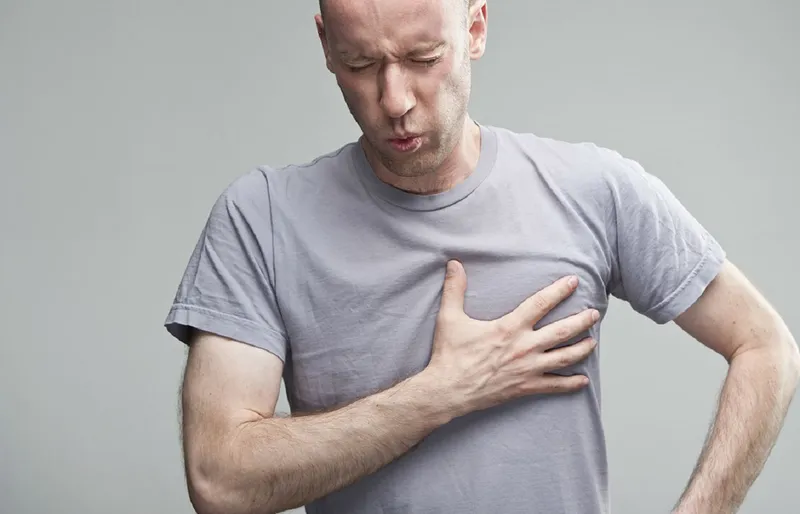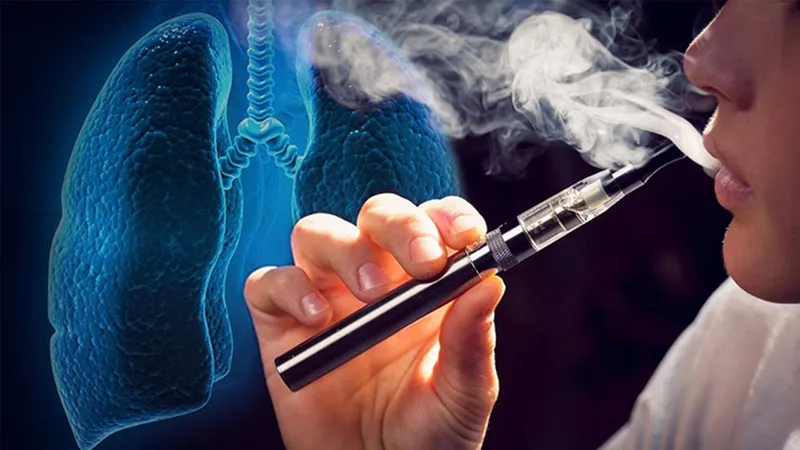Lung Cancer: Symptoms, Causes, Diagnosis, and Treatment
Overview
What Is Lung Cancer?
Lung cancer is a malignant disease in which abnormal cells in the lung grow uncontrollably, forming one or more cancerous tumors. This process starts in the lung tissue, which includes the trachea, bronchi, bronchioles, and alveoli—where oxygen and carbon dioxide exchange takes place. Cancer cells can form malignant tumors and spread (metastasize) to other organs and tissues.
The two major types of lung cancer are:
- Small cell lung cancer (SCLC): Less common but very aggressive, often spreading quickly. This type is strongly associated with heavy, long-term smoking.
- Non-small cell lung cancer (NSCLC): The most common type, accounting for about 85% of cases. NSCLC includes adenocarcinoma, squamous cell carcinoma, and large cell carcinoma.
Lung cancer affects both men and women. While smoking is the primary cause, other risk factors include exposure to radon, asbestos, air pollution, and occupational carcinogens.
Symptoms
Early Signs of Lung Cancer
- Persistent cough: A cough that does not resolve and has no clear cause.
- Shortness of breath: Increasing difficulty breathing, even at rest.
- Coughing up blood (hemoptysis): A key warning sign.
- Chest pain or tightness: Discomfort that may not be related to exertion.
Advanced Symptoms
- Back or headache pain: May indicate metastasis to bones or brain.
- Unexplained weight loss: A common sign of many cancers.
- Chronic fatigue: Persistent tiredness despite adequate rest.
- Bone pain: Particularly in the hips, spine, or ribs, suggesting metastasis.
Some patients may have no symptoms and are diagnosed through imaging such as chest X-ray or CT scan.
Impact on Health
Lung cancer can severely affect health and may lead to death, especially if it has spread to multiple organs.
Possible Complications
- Pleural effusion (fluid around the lungs)
- Pericardial effusion (fluid around the heart)
- Metastasis to other organs, impairing their function
- Death

When to See a Doctor
If you experience any of the above symptoms, consult a doctor promptly. Early diagnosis and treatment improve outcomes and recovery.
Causes
Main Causes of Lung Cancer
- Cigarette smoking: The leading cause of lung cancer. The earlier you start smoking, the longer you smoke, and the more cigarettes you smoke, the higher the risk. Secondhand smoke carries similar risks.
- Exposure to harmful substances: Asbestos, arsenic, diesel exhaust, chromium, beryllium, nickel, soot, tar, and especially radon gas at work or home.
- Radiation exposure: Including previous radiation therapy to the chest.
Risk Factors
Who Is at Risk?
- Long-term smokers or those who smoke heavily.
- Non-smokers exposed to secondhand smoke.
- People exposed to carcinogenic chemicals at work.
- Individuals who have had prior chest radiation therapy for another cancer.
Additional Risk Factors
- High beta-carotene supplementation in smokers may increase risk.
- Family history of lung cancer.
- HIV infection.
- Living or working in polluted environments.

Diagnosis & Treatment
Diagnostic Tests
If lung cancer is suspected, your doctor may recommend:
- Physical examination
- Chest X-ray
- Chest CT scan
- Blood tests and sputum cytology
- Lung biopsy
- Bronchoscopy
- Immunohistochemistry
If confirmed, additional tests will be done to check for metastasis and determine the stage.
Treatment Options
Treatment depends on overall health and cancer stage. Main treatments include:
- Surgery: Removal of the affected lung tissue.
- Radiation therapy: Targeted high-energy beams to kill cancer cells.
- Chemotherapy: Drugs to destroy cancer cells throughout the body.
- Targeted therapy: Drugs designed to attack specific mutations in cancer cells.
- Immunotherapy: Boosts the immune system to fight cancer.
Supportive Care
- Acupuncture or massage to relieve pain and stress.
- Yoga and meditation for mental and physical well-being.
- Herbal remedies and essential oils to support respiratory function and reduce stress.

Lifestyle & Prevention
Healthy Habits During Treatment
- Follow your doctor’s treatment plan.
- Maintain a positive mindset and reduce stress.
- Quit smoking as soon as possible.
- Exercise regularly.
- Avoid exposure to toxins and radiation.
- Report any new symptoms to your doctor.
- Attend regular follow-up visits to monitor progress.
Nutrition Tips
- Eat a diet rich in fruits and vegetables.
Effective Prevention
- Quit smoking and avoid secondhand smoke.
- Minimize exposure to toxic chemicals and radon.
- Test your home for radon regularly.
- Exercise consistently.
- Get annual health check-ups.
- Eat a balanced, plant-rich diet.
- Annual lung cancer screening is recommended for adults aged 50–80 with a 20 pack-year smoking history who currently smoke or have quit within the past 15 years.

